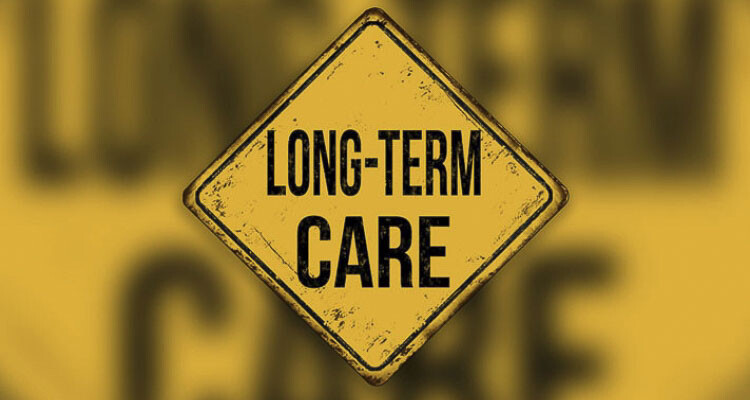
Elizabeth Hovde of the Washington Policy Center states that ‘either one of these bills could stop the payroll tax before it ever starts’
Elizabeth Hovde
Washington Policy Center
No hearing is scheduled in the Washington state Legislature for either House Bill 1011 or Senate Bill 5479. These two pieces of legislation could prevent a payroll tax from bringing you a pay decrease in July. Washington state’s W-2 workers should ready their budgets for the hit. The decrease will be 58 cents for every $100 earned.

A long-term-care law (House Bill 1087) passed by the state in 2019 set up this payroll tax to fund a program you’re probably seeing or hearing about in your Facebook feed, on Pandora or elsewhere. The program is called WA Cares. Despite aggressive marketing telling you that you can count on this money to help you someday, it should not be giving you any sort of peace of mind: Many workers won’t qualify for a program benefit, the benefit isn’t enough to cover most people’s long-term-care needs even if you do qualify, and a portion of your income that could have gone toward your needs, savings or investments is not going to be in your control.
Repealing the law is in the best interest of the state’s workers, allowing them to keep more of their income to handle long-term care or other life needs. House Bill 1011 would do this outright. The bill points out the promised benefit’s inadequacy and the law’s unpopularity, and it questions the fund’s solvency. The bill has 30 legislators signing on to cosponsor the bill that was brought forward by Rep. Peter Abbarno, R-Centralia. Those lawmakers include 30 Republicans and one Democrat, Rep. Larry Springer, D-Kirkland.
I hear that Senate Bill 5479 might be more palatable to the majority party that wants WA Cares to stay on the books. It is being sponsored by three Senators, two Republicans — Sens. John Braun, R-Centralia, and Mark Schoesler, R-Ritzville — and one Democrat, Rep. Mark Mullet, D-Issaquah.
SB 5479 doesn’t repeal the long-term-care law outright. It would delay the payroll tax until voters could weigh in on a referendum about the law in the next general election. The bill reads, “The secretary of state shall submit section 2 of this act to the people for their adoption and ratification, or rejection, at the next general election to be held in this state ….” It should be noted that Washington Advisory Vote 20, a non-binding question concerning whether to maintain or repeal House Bill 1087, was on the November 2019 ballot. A majority of voters voted in favor of repeal.
Either one of these bills could stop the payroll tax before it ever starts. That’s important. Lawmakers in charge of what gets heard in this year’s Legislature need to seriously consider doing that. There is going to be ongoing trouble with the implementation of this unwanted social program.
Elizabeth Hovde is a policy analyst and the director of the Centers for Health Care and Worker Rights at the Washington Policy Center. She is a Clark County resident.
Also read:
- Letter: The Charterist III — Concerning the powers of the Legislative BranchJohn Jay continues his Charterist series, arguing that Clark County’s legislative branch is structurally weak and lacks the resources to balance the executive, calling for reform in the next charter review.
- Opinion: ‘Today’s Democratic Party is not our father’s Democratic Party’Editor Ken Vance reflects on how today’s Democratic Party diverges from the values he associates with his father’s generation, citing issues like taxation, gender policies, and shifting ideology in Washington state politics.
- Opinion: ‘The Interstate Bridge project lacks billions in funding from both Oregon and Washington’Lars Larson criticizes Oregon’s funding decisions, highlighting the billions missing from both states for the Interstate Bridge replacement project and calling it a dead-end effort lacking Coast Guard approval.
- Opinion: When bad policy fails real peopleAmy Harris says Vancouver’s failure to address street safety led to a fire that shut down a beloved immigrant-owned restaurant.
- Opinion: Fantasy math – Why the CBO’s numbers don’t add upNancy Churchill argues the CBO’s deficit math ignores key growth effects and revenue streams, calling its models misleading and politically biased.










